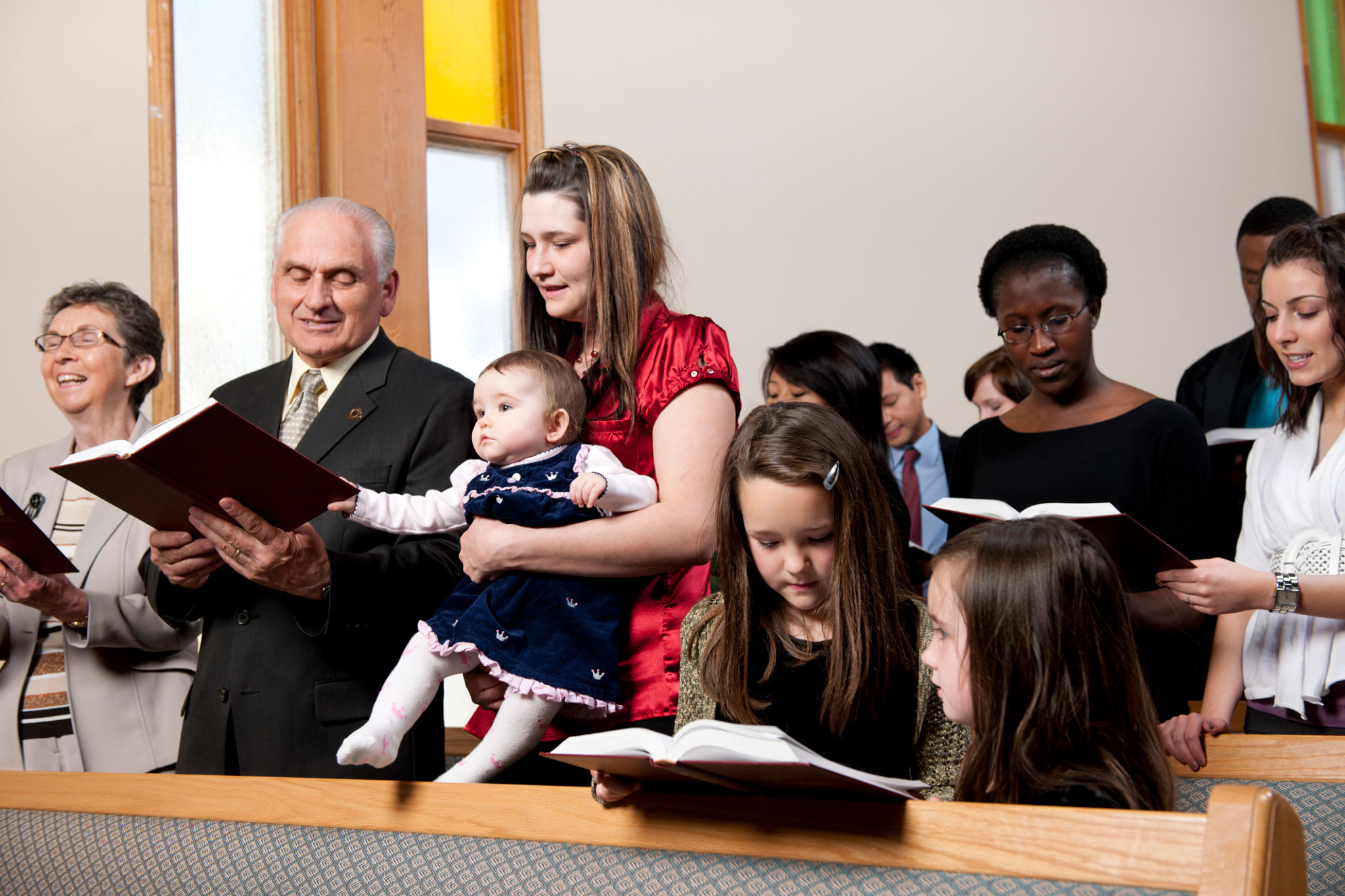The Role of Worship in Strengthening Community Bonds
Understanding the Essence of Worship
Worship is a fundamental aspect of many cultures and religions around the world. It is not just a personal expression of faith but a communal activity that brings people together. Worship serves as a platform where individuals can gather to celebrate shared beliefs, find solace, and experience spiritual growth. The act of coming together in a shared space to honor a higher power creates a sense of unity and belonging among participants.

Through worship, communities can nurture a sense of identity and purpose. It acts as a reminder of shared values and principles that bind individuals together, fostering a deeper connection among them. This connection often extends beyond the walls of the worship space, influencing interactions and relationships in daily life.
Worship as a Social Connector
One of the most significant roles worship plays is acting as a social connector. In many communities, it is common for worship gatherings to be accompanied by social events, meals, or other activities that encourage interaction among members. These gatherings provide an opportunity for people to meet, engage, and build relationships that might not occur in other settings.
By participating in worship, individuals often find themselves part of a supportive network. This network can offer assistance during times of need, whether through emotional support, financial help, or simply the comfort of knowing that one is not alone. This sense of community solidarity can be especially important in times of crisis or change.
The Role of Rituals in Community Building
Rituals are an integral part of many worship practices. They serve as powerful tools for reinforcing community bonds by providing structure and continuity. Whether it is through song, prayer, meditation, or other forms of ritual practice, these activities help participants feel connected to one another and to something greater than themselves.

Rituals often involve participation from multiple generations, allowing for the transmission of culture and tradition from elders to younger members. This intergenerational exchange strengthens the fabric of the community by ensuring that its history and values are preserved and passed down.
Fostering Inclusivity Through Worship
Worship can also play a crucial role in promoting inclusivity within communities. By welcoming individuals from diverse backgrounds and encouraging participation, worship spaces can become venues for learning and understanding. This openness helps to break down barriers and stereotypes, fostering an environment where everyone feels valued and respected.
Many communities make conscious efforts to ensure that their worship practices are accessible to all. This can include offering services in multiple languages, accommodating different cultural traditions, or ensuring that physical spaces are accessible to people with disabilities.

The Transformative Power of Worship
The impact of worship on community bonds extends beyond immediate interactions. It can inspire individuals to engage in service projects, advocacy, and other actions that contribute to the well-being of society at large. Worship often encourages people to reflect on their values and consider how they can make a positive impact on the world around them.
By participating in worship, individuals not only strengthen their own faith but also contribute to the overall health and vitality of their community. This collective energy and commitment to shared goals can lead to meaningful change and progress.
Conclusion
In conclusion, worship serves as a vital component in strengthening community bonds. It provides a platform for social connection, reinforces cultural traditions through rituals, fosters inclusivity, and inspires positive action. As communities continue to evolve, the role of worship remains essential in bringing people together to share in their faith and work towards common goals.